10 Best Sambucus Nigra Preparations
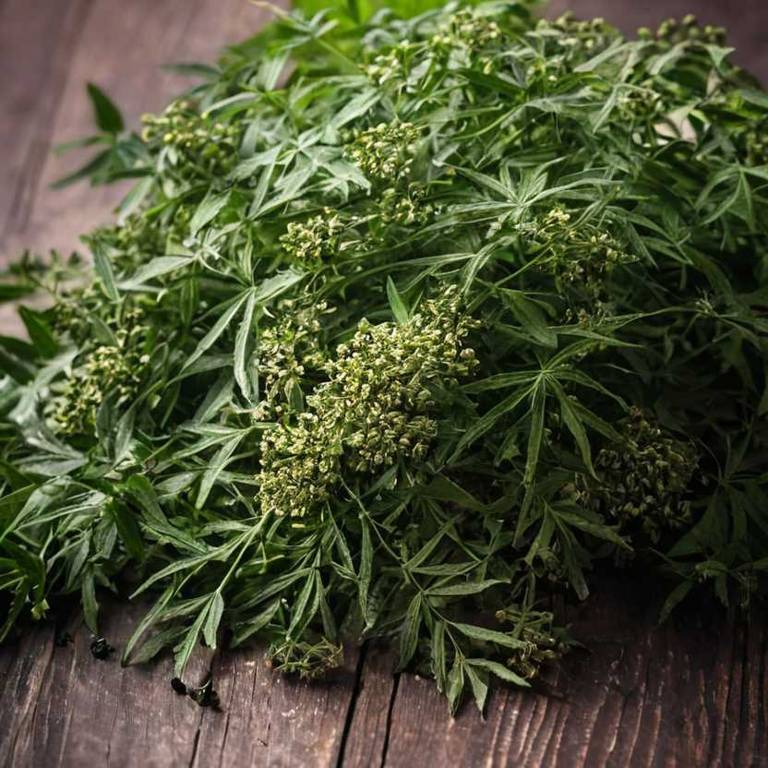
The best medicinal preparations of Sambucus nigra are teas, decoctions, tinctures, syrups, and mucillages, each offering unique benefits for health.
Teas made from the dried berries are commonly used to support immune function and respiratory health.
Decoctions involve boiling the berries or bark to extract their medicinal compounds.
Tinctures provide a concentrated form of the herb, often used for colds and flu.
Syrups and mucillages are valued for their soothing properties, particularly in treating coughs and digestive issues.
Below there's a list of the 10 best herbal preparations of sambucus nigra for medicinal purposes.
- 1. Teas
- 2. Decoctions
- 3. Tinctures
- 4. Syrups
- 5. Mucillages
- 6. Capsules
- 7. Lozenges
- 8. Creams
- 9. Linctuses
- 10. Oinments
1. Teas
Sambucus nigra teas is commonly used to support immune function, alleviate respiratory symptoms, and reduce fever.
This herbal preparation is often used to treat colds, flu, sore throats, and mild respiratory infections due to its antiviral and anti-inflammatory properties. The most common medicinal uses include relieving coughs, easing congestion, and promoting sweating to reduce fever. Bioactive constituents such as flavonoids, anthocyanins, and polysaccharides contribute to its medicinal effects by exhibiting antioxidant, antimicrobial, and immunostimulant activities.
These compounds help enhance the body's defenses and reduce inflammation, making sambucus nigra a popular remedy in traditional medicine.

2. Decoctions
Sambucus nigra decoctions is commonly used to treat respiratory infections, inflammation, and fever due to its antiviral and anti-inflammatory properties.
These decoctions are often employed for conditions such as the common cold, flu, and bronchitis, as well as for reducing fever and alleviating symptoms of sore throats. The bioactive constituents responsible for these effects include flavonoids, phenolic compounds, and sambucol, which exhibit antioxidant, antiviral, and immunomodulatory activities. Additionally, the decoctions may support immune function and have mild diuretic effects.
However, they should be used with caution, as improper preparation or dosage can lead to toxicity.
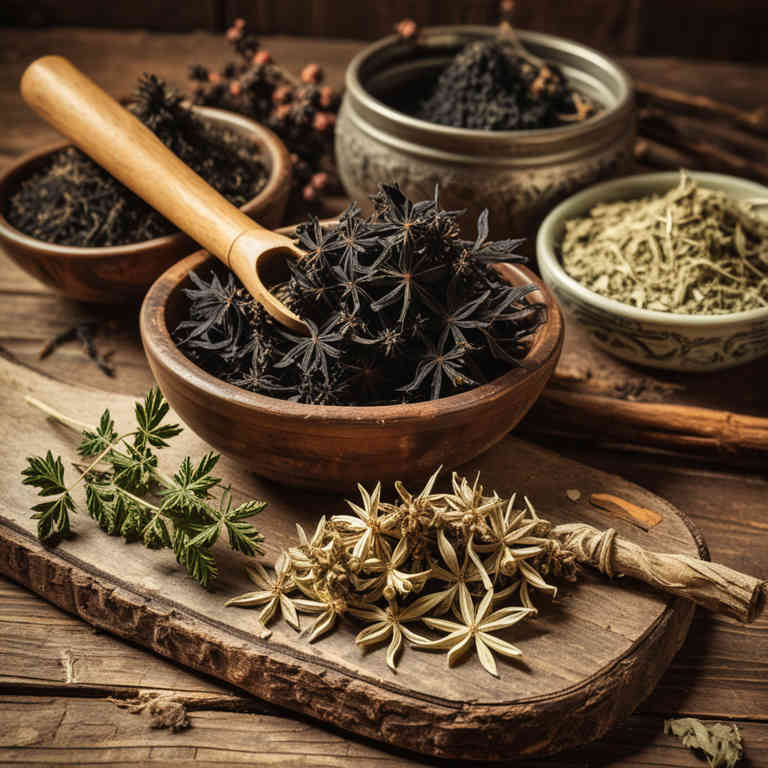
3. Tinctures
Sambucus nigra tinctures is commonly used to treat respiratory conditions, such as colds, flu, and bronchitis, as well as to alleviate symptoms of inflammation and fever.
These tinctures are also used to support the immune system and reduce the duration of viral infections. The most common medicinal uses include treating coughs, sore throats, and mild fevers, as well as acting as a diaphoretic to promote sweating. The bioactive constituents responsible for these effects include flavonoids, mucilage, sambucol, and essential oils, which have anti-inflammatory, antiviral, and antioxidant properties.
These compounds work synergistically to enhance the body's natural defenses and reduce inflammatory responses.
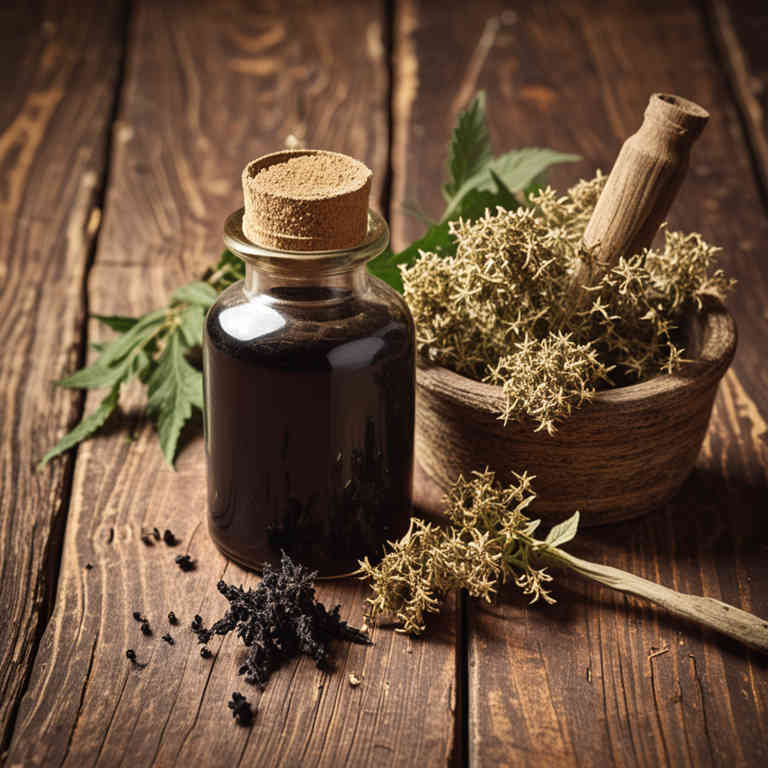
4. Syrups
Sambucus nigra syrups is commonly used to alleviate symptoms of respiratory infections, such as coughs, sore throats, and bronchitis.
It is also used to reduce fever and ease the discomfort associated with colds and flu. The most common medicinal uses of this preparation include treating respiratory tract infections, fever, and as a general immune booster. The bioactive constituents responsible for its medicinal properties include flavonoids, glycosides, and mucilage, which have anti-inflammatory, antiviral, and soothing effects.
These compounds help to reduce inflammation, support immune function, and provide relief from respiratory symptoms.
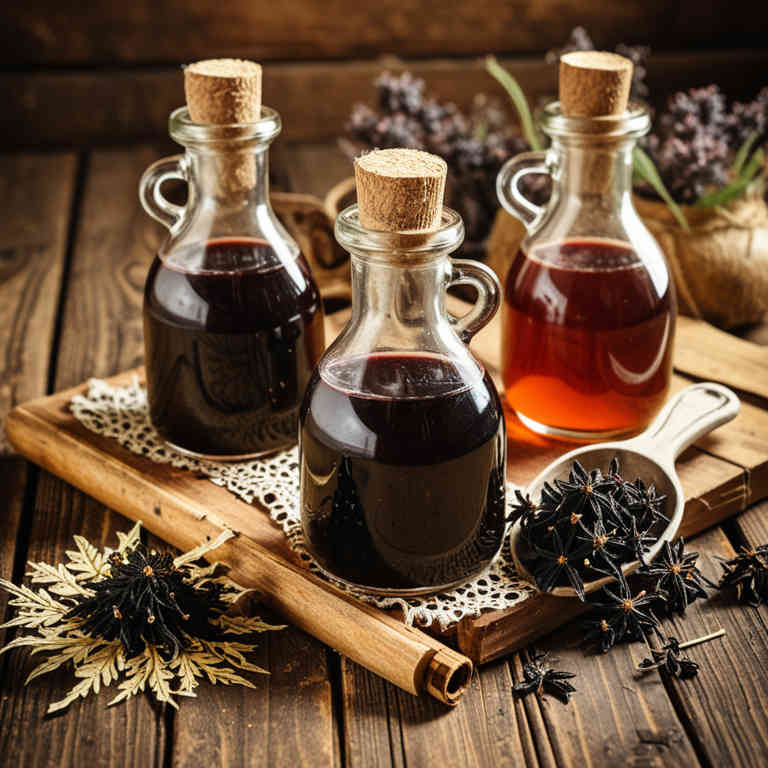
5. Mucillages
Sambucus nigra mucillages is commonly used to treat respiratory and digestive ailments due to its soothing and anti-inflammatory properties.
It is often employed for conditions such as coughs, sore throats, and gastrointestinal discomfort. The mucillages act as a demulcent, forming a protective layer over mucous membranes to reduce irritation. Bioactive constituents include polysaccharides, flavonoids, and phenolic compounds, which contribute to its anti-inflammatory, antioxidant, and immune-modulating effects.
These properties make it a valued remedy in traditional and complementary medicine.
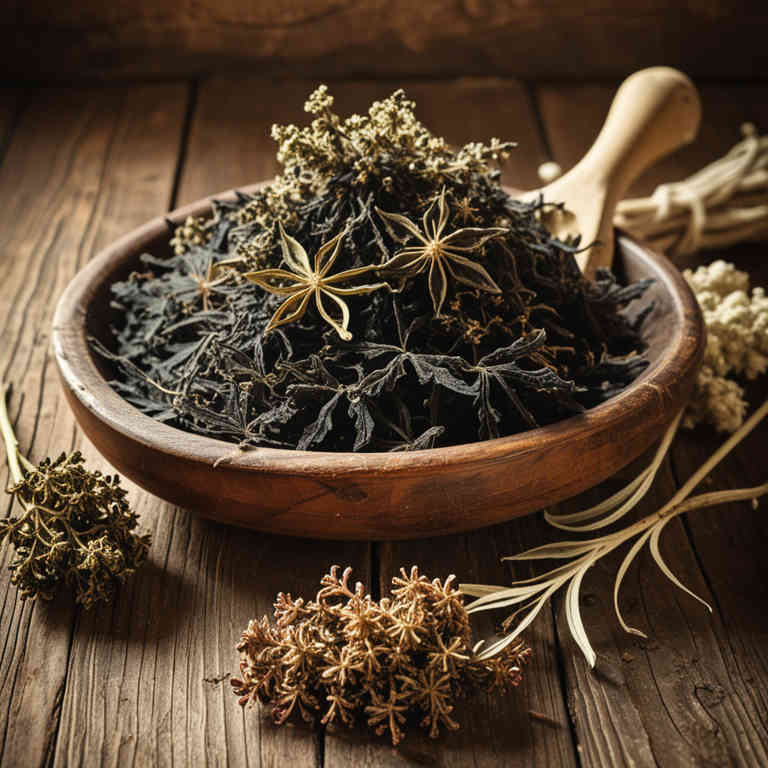
6. Capsules
Sambucus nigra capsules is commonly used to support the immune system, alleviate symptoms of colds and flu, and reduce fever.
They are also used to treat respiratory conditions such as bronchitis and coughs, as well as to manage inflammation and pain. The most common medicinal uses include treating viral infections, reducing fever, and supporting detoxification processes in the body. The bioactive constituents responsible for these effects include flavonoids, anthocyanins, glycosides, and essential oils, which possess antioxidant, anti-inflammatory, and antiviral properties.
These compounds work synergistically to enhance immune function and provide therapeutic benefits.
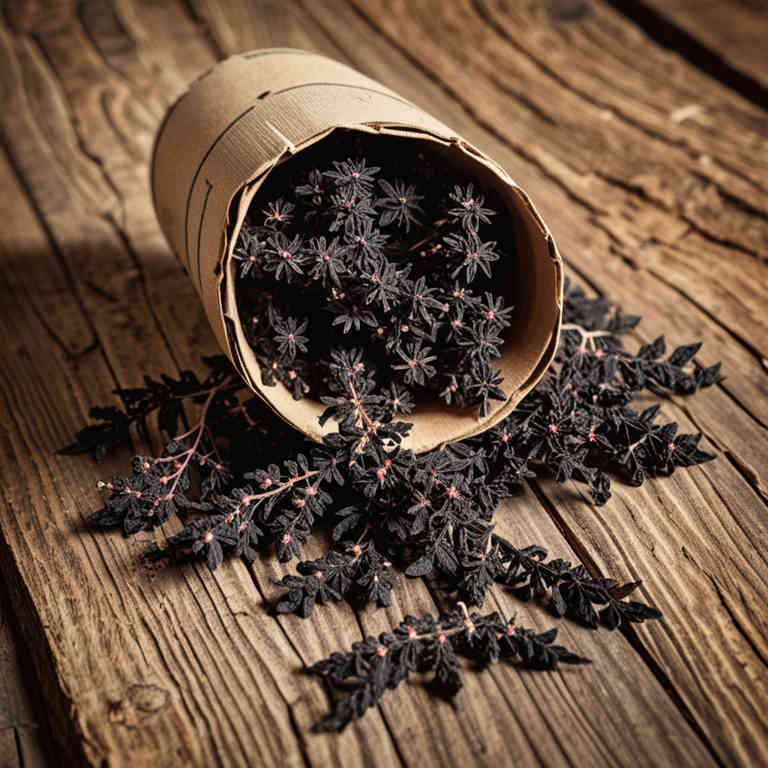
7. Lozenges
Sambucus nigra lozenges is commonly used to alleviate symptoms of respiratory tract infections, such as coughs, sore throats, and colds.
These lozenges are often employed to reduce inflammation and soothe irritation in the throat, making them a popular remedy for minor respiratory ailments. The most common medicinal uses include treating coughs, bronchitis, and influenza-like symptoms. The bioactive constituents responsible for these effects include flavonoids, such as rutin and quercetin, as well as mucilage, which has demulcent properties.
These compounds help to reduce inflammation, strengthen blood vessels, and provide a protective coating to the mucous membranes.
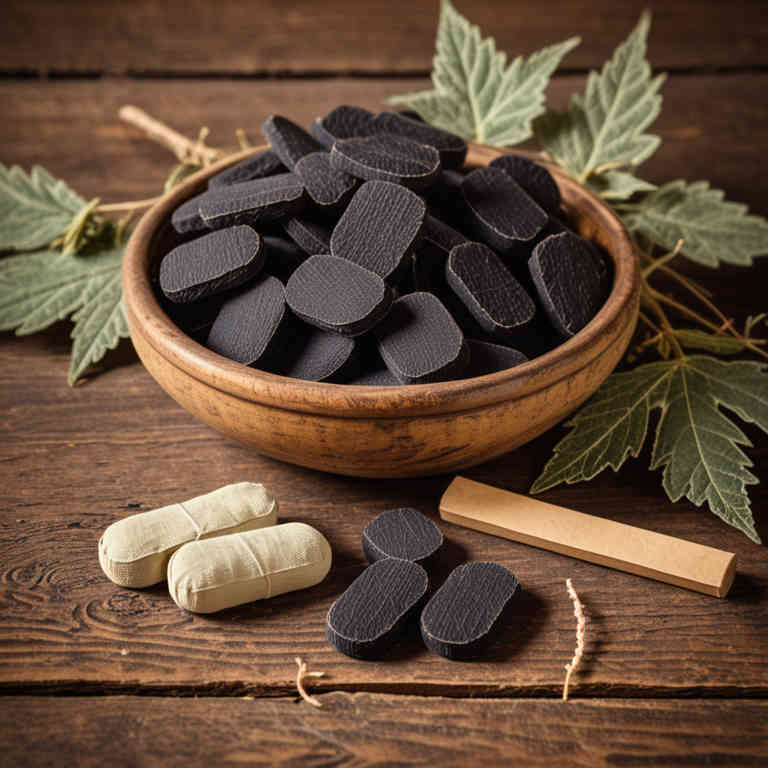
8. Creams
Sambucus nigra creams is commonly used to relieve symptoms of skin conditions such as eczema, psoriasis, and minor wounds due to their anti-inflammatory and soothing properties.
These creams are often applied topically to reduce redness, irritation, and inflammation associated with these ailments. The most common medicinal uses include treating dermatological issues, reducing inflammation, and promoting skin healing. The bioactive constituents responsible for these effects include flavonoids, mucilage, and saponins, which have antioxidant, anti-inflammatory, and antimicrobial properties.
These compounds work synergistically to support the skin's natural healing process and provide relief from various skin-related discomforts.
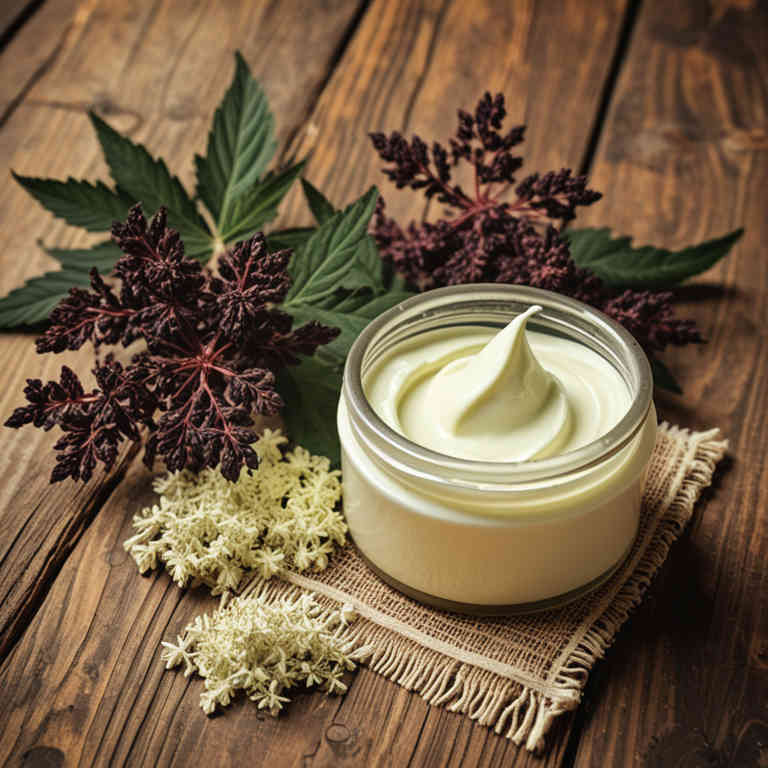
9. Linctuses
Sambucus nigra linctuses is commonly used to relieve symptoms of respiratory tract infections, such as coughs, sore throats, and bronchitis.
It is often prescribed for its soothing and expectorant properties, helping to loosen mucus and ease breathing. The most common medicinal uses include treating colds, flu, and other respiratory conditions characterized by excessive mucus production or irritation. Bioactive constituents such as flavonoids, mucilage, and saponins contribute to its anti-inflammatory, antimicrobial, and demulcent effects.
These compounds work together to reduce inflammation and protect the mucous membranes in the respiratory system.
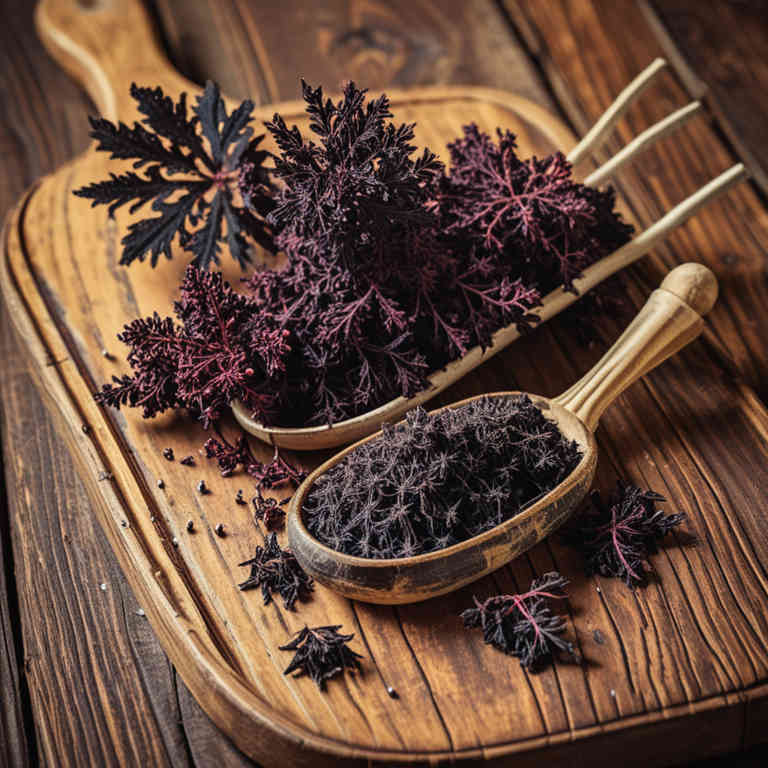
10. Oinments
Sambucus nigra oinments is commonly used to treat skin conditions, respiratory infections, and inflammatory disorders.
These preparations are often applied topically for their antiseptic, anti-inflammatory, and analgesic properties. The most common ailments treated include eczema, psoriasis, wounds, and minor burns. They are also used internally in some traditional remedies for colds, flu, and fever.
The bioactive constituents responsible for these effects include flavonoids, mucilage, sambucol, and anthocyanins, which contribute to their therapeutic actions.
